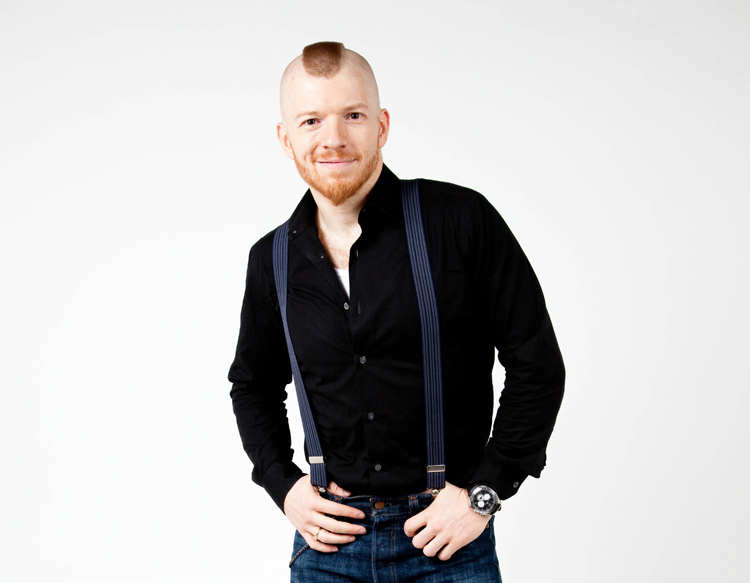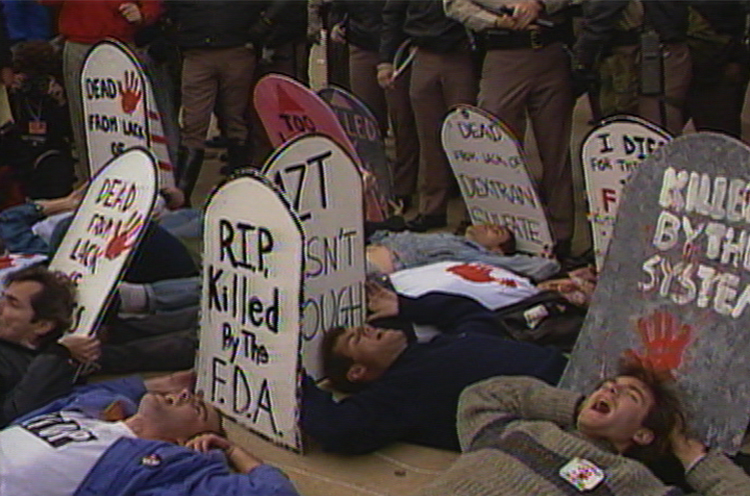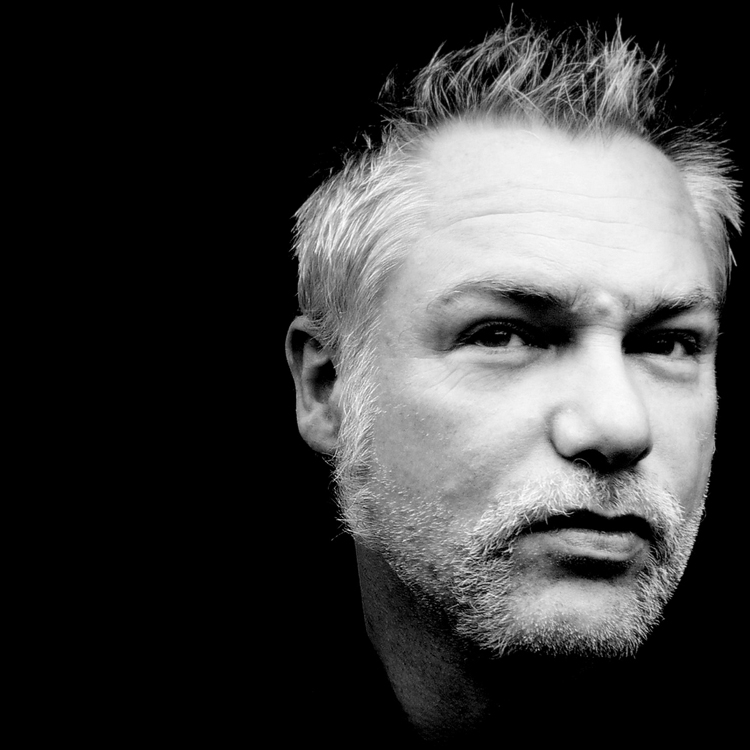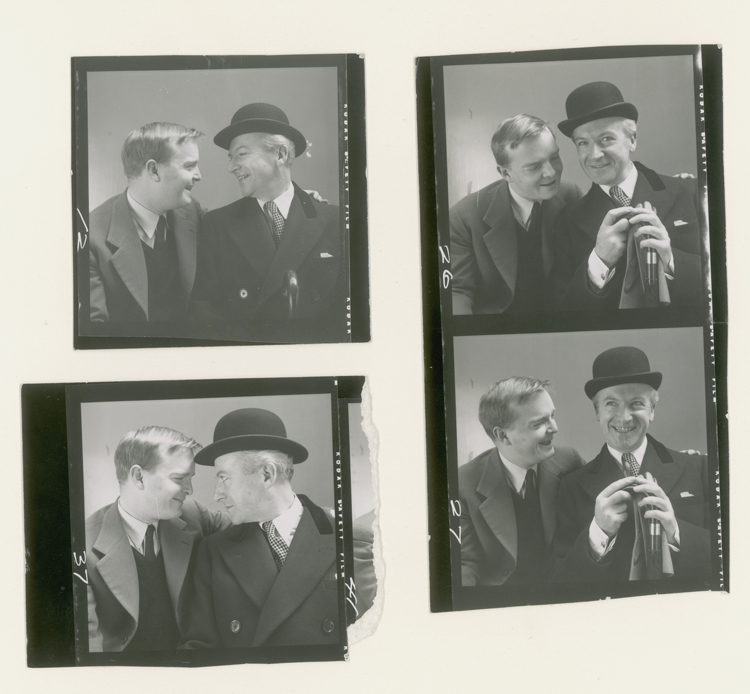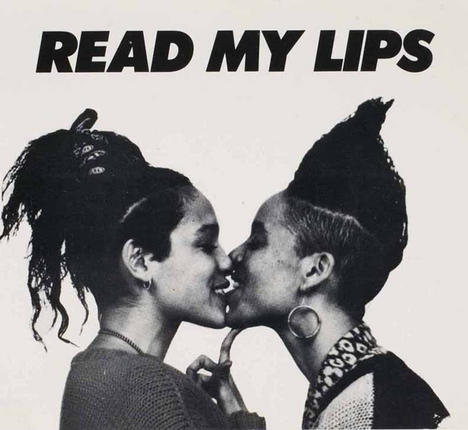I knew a guy in Brooklyn who had his rent paid for by his Hasidic landlord as long as he agreed to get paddled once or twice a month. His landlord was dyslexic and had 2 kids. One had cerebral palsy and his hands looked like chicken talons. His other kid wasn’t allowed to go outside. My friend said that right before he pulled him over his lap to give him his punishment, he would pray and beg for forgiveness so that he may be relieved of his surmounting urge to spank young men.
My landlord was Hasidic too. His name was sometimes Gino, but mainly Jay. When he shook my hand a small avalanche of white flakes would tumble down his shoulders from his ears and settle on his beard and the long sideburn tendrils. He came by to get the rent and always looked around the apartment as if he had crossed over to another world, maneuvering around with his hands stretched out like a blind prophet. He would pick up DVD’s from the record shelf and bring them close to his face. We always kept Natural Fucking Sluts on the top, because the color of the background perfectly matched the color of the walls. More…



